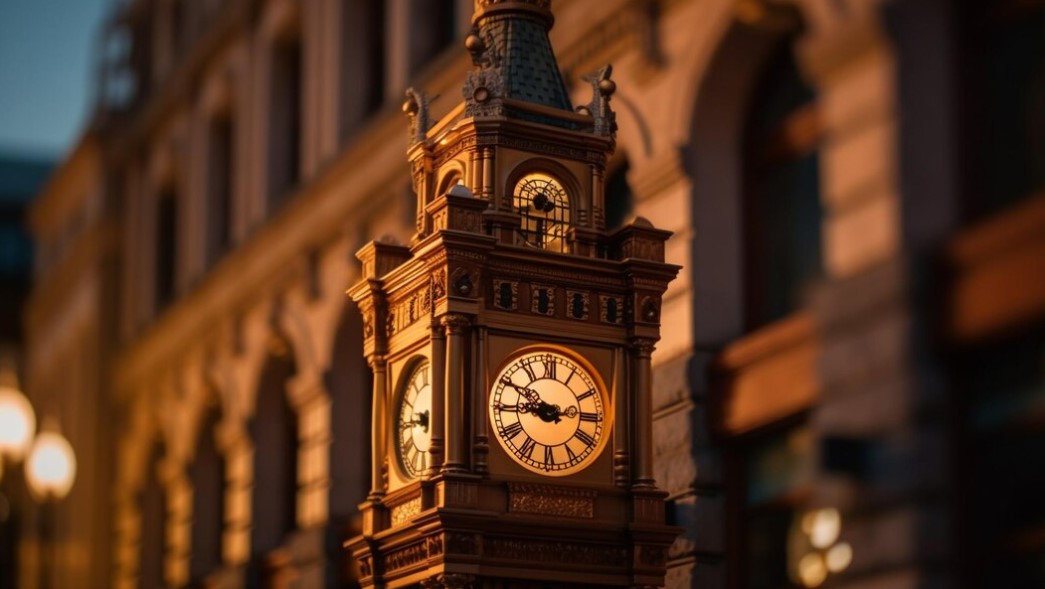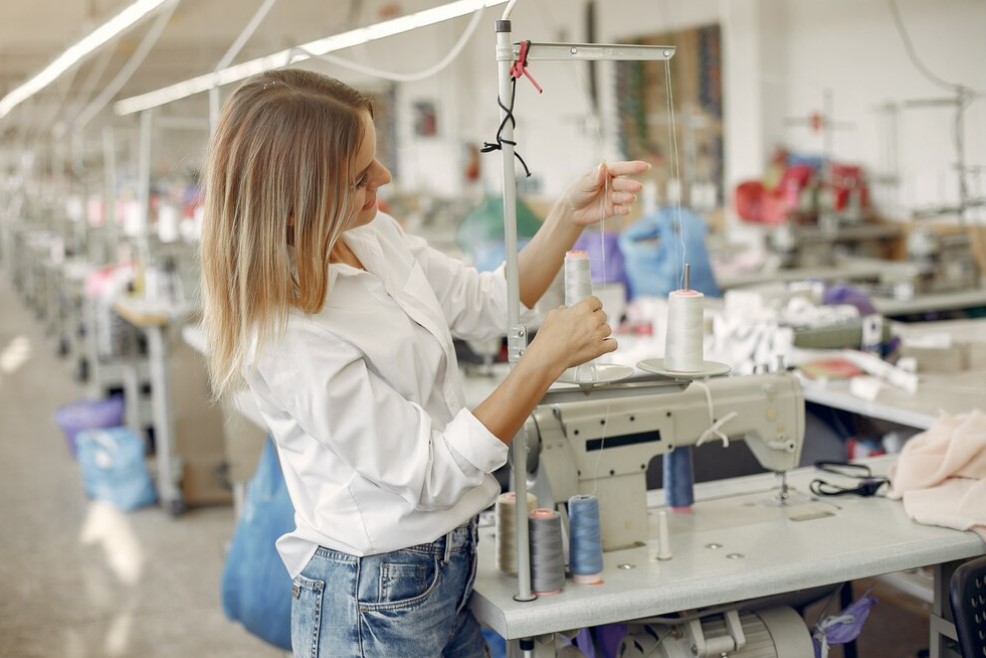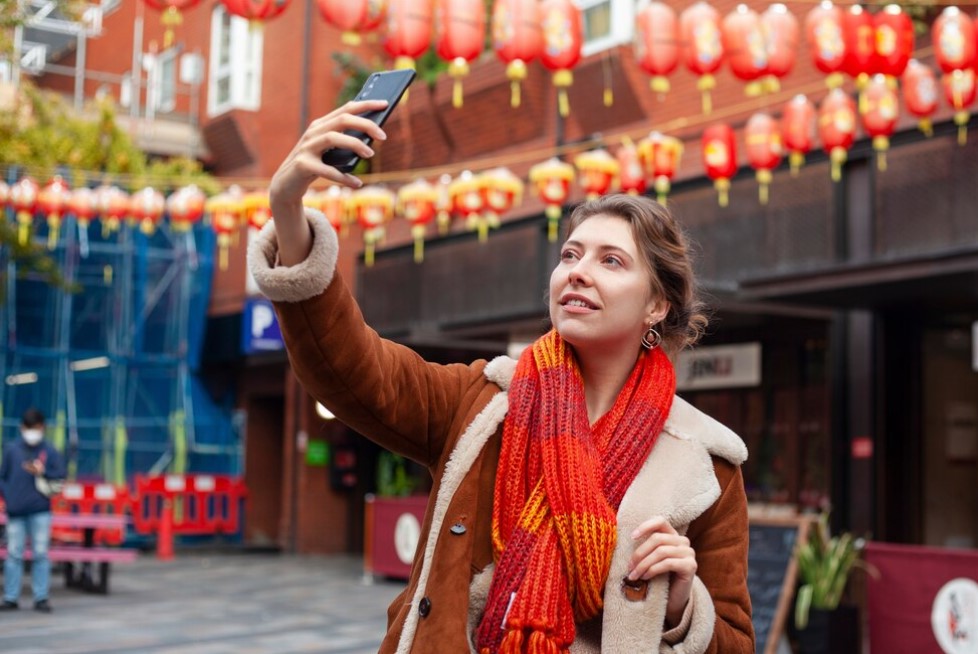Brick and mortar retail sales figures are dropping every year regardless of whether consumerism keeps going up, the main reason behind this is the fact e-commerce keeps growing every year and although e-commerce represents, at the moment, 10% of all retail spending. Some believe physical shops are doomed, but it is actually true is that shopping styles are changing. And the centre of this trend lays retailers. Although the retail industry is one of the biggest industries in the UK, retailers will need to up their game if they want to stay relevant to Millennial customers. New generations are not driven to store by the necessity to purchase or its convenience only, customers today are looking for experiences and a sense that they are buying something unique.
What is experiential marketing?
Experiential marketing refers to way of promotion products, services or brand by letting consumers interact with organisation proposal such as fun activities (balloon pool or a ), contest (a designing competition where users can design the next brand’s logo) or many other.
Experiential marketing has become a very effective way for a brand to engage with customers. The internet has made purchasing much easier and accessible than ever before so brands need to find way to keep customers coming to stores.
Most purchases are made by how buyers feel about it rather than how convenient is to actually purchase the item.
- According to PSFK’s “Future of Retail 2018” report, 55% of retail executives will spend part of their marketing budgets on in-store experiences by 2020.
- 73% of customers will spend more money and time in-store offering experiences.
- 85% of customers are more likely to spend in stores after taking part in an event.
- 9 in 10 marketers agree that in-store experiences build more customer engagement (Foodnewsfeed)
- 77% of them will integrate experiential marketing as part of a brand’s advertising strategy.
How retailers are using experiential marketing?
But what are retailer doing to prevent traditional retail to fall? Physical retail is not ended any time soon if at all. Contrary to this fatal retail prediction, there is a successful case such as Selfridges and Harrods which managed to increase their retail sales while most of the other fashion retailers are struggling. Experiential marketing strategy has proved to be successful in the Some number backed this up. For example, PSFK surveyed 400 retail executives to understand what their budget will go in the future and more than half of them consider in-store experiences a top priority, so as this is the second. The biggest marketing investment would go to capturing and understanding data.
The fact that experiential marketing is more than just a trend and would actually lead the future of retail, is Selfridges success. Selfridges is probably one of the leading companies in experiential marketing at the moment and has been investing heavily on increasing customer experience in-store and delivering a unique shopping experience. Selfridges have reached a 12fth-consecutive-year record sales record. Debenhams and House of Fraser have, on the other hand, suffered to adapt to the modern shopper expectations and their sales have dropped notably.
According to RetailExpo, consumers will spend more time and money on the shop if theses offer experiences as well: “63% of shoppers agree they want the places they shop to be inspiring”. Nowadays companies, especially retailers, are investing more and more in experiential marketing and instores experiences, mainly because it gives them an edge over their competitors, experiences are more memorable and make a longer impact on consumers ́ minds. Many predict that experiential marketing would consume much of the marketing budget for companies in the future as e-commerce and practical shopping continues to grow.
Matt Bradley, Event Director for RetailEXPO, explained: “ Shopping is a leisure activity, an immersive, social experience that creates an emotional response. The ubiquity of e-commerce has changed the motivation for consumers to visit in-store meaning retails must create compelling reasons to visit. ” As we can see on the image above, participating in experience increases engagement and builds brand recognition by creating attractive and inspiring experiences, retailers manage to create a lasting and positive impact on consumers ́mind rather than more conventional marketing strategies.
New consumer mindset at 2024
Nowadays customers have more choices than ever before, thanks to the internet and modern shipping techniques, anyone can buy almost anything from anywhere in the world at a click. E-commerce, the rise of Amazon and eBay as well as the Globalization process have opened endless possibilities. These factors have shaped a new type of customer mindset: savvy, nonconformist and with high expectations.
If e-commerce is slowly taking over retail, data shows that in-store experiences drive customers to brick and mortar shops. Millennials generation is driven by experiences over materialistic possessions. And experiential retail can become a powerful strategy to channel more consumers into stores. According to the National Retail Federation also confirmed by a top data analytics company, experiential retail marketing is driving customers to stores, with 49 % of those surveyed visiting stores more often than they used to because of new entertainment or restaurants.




